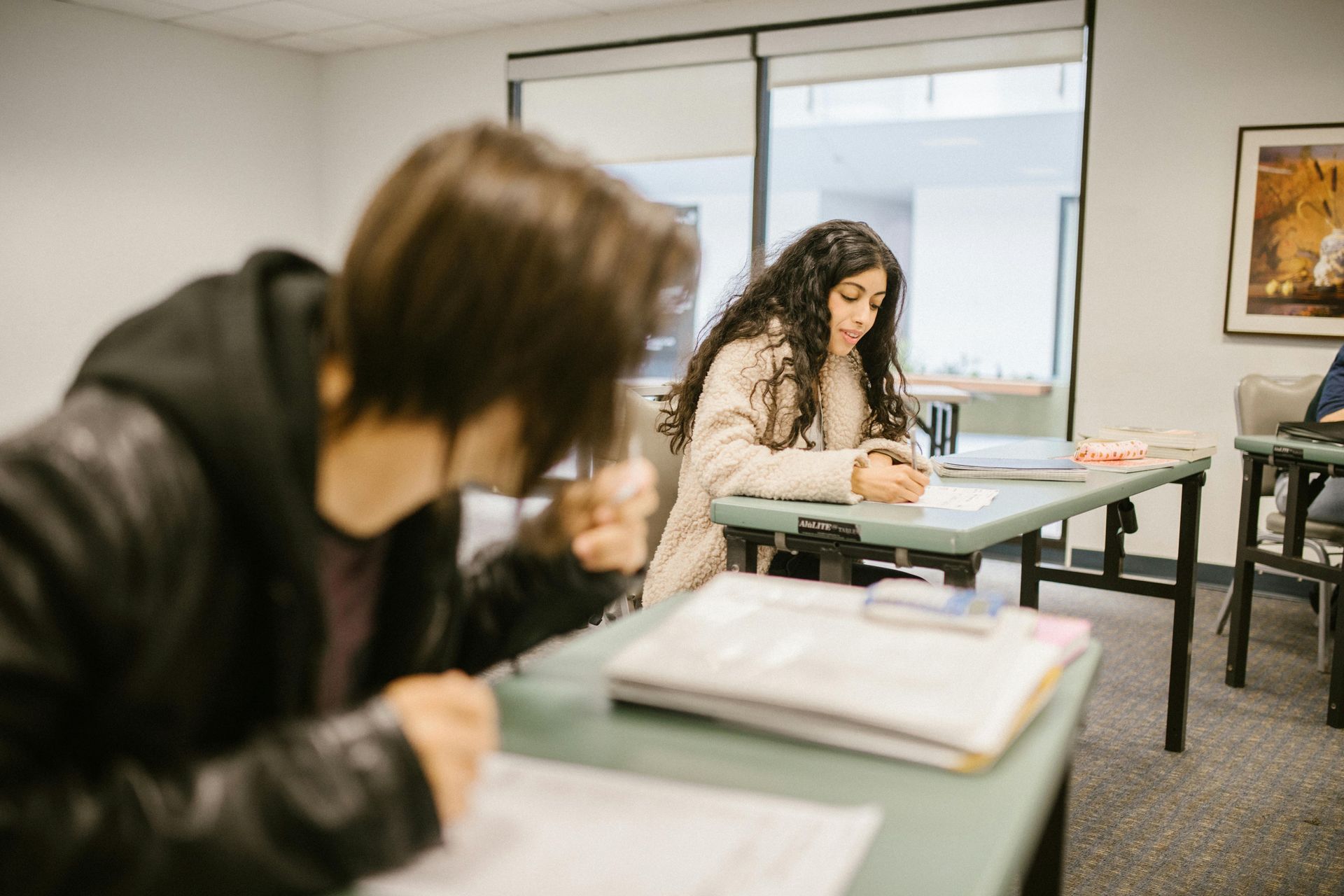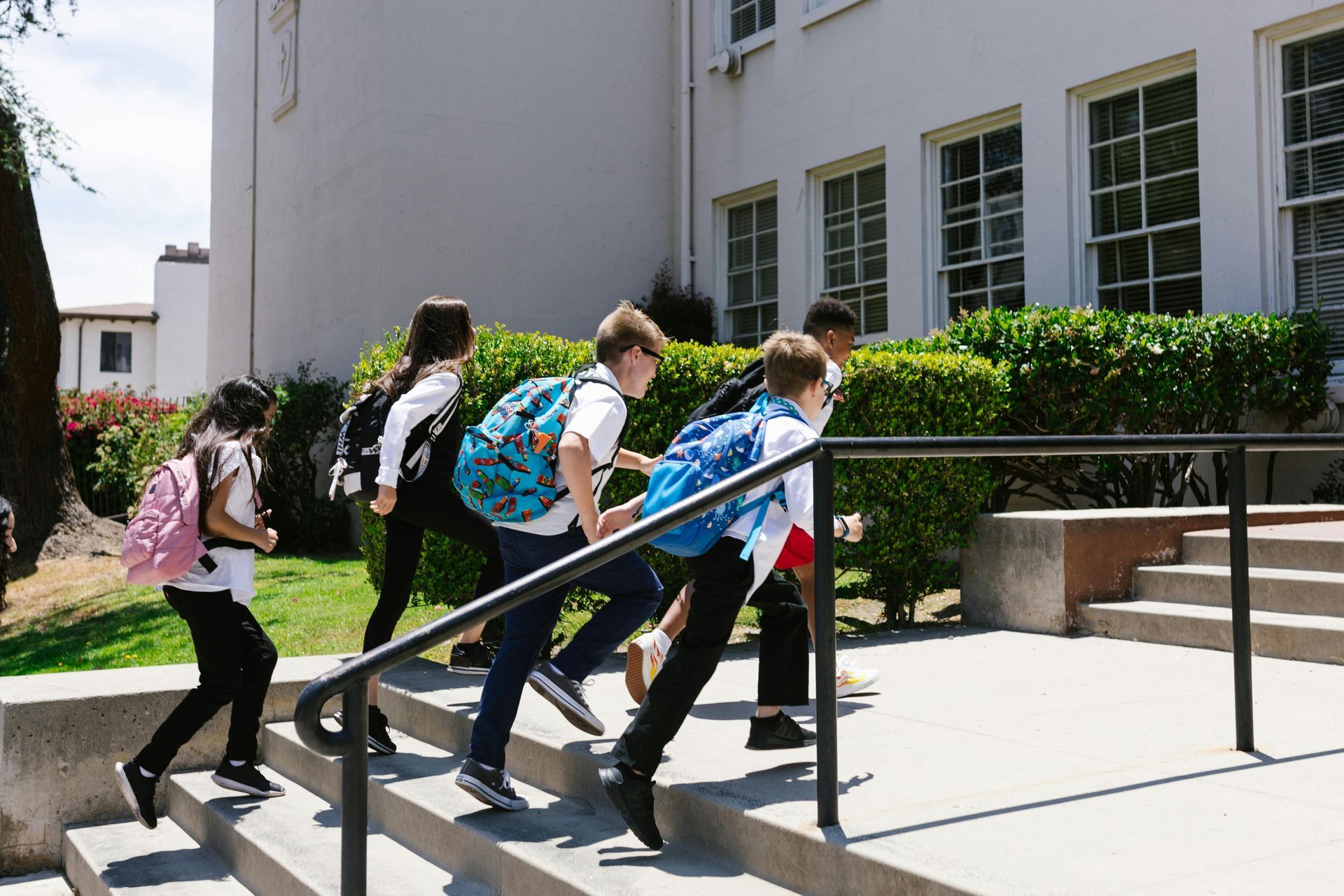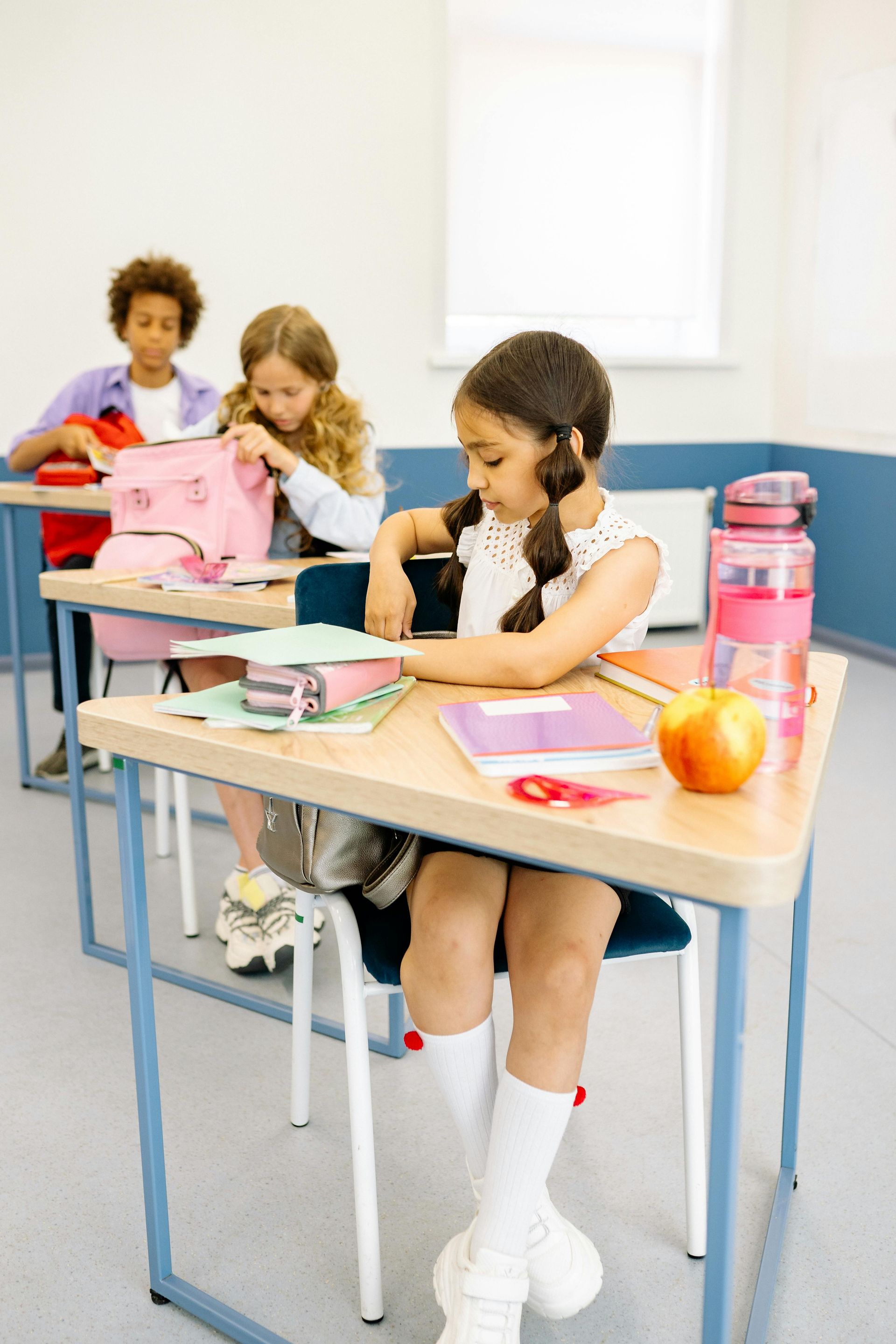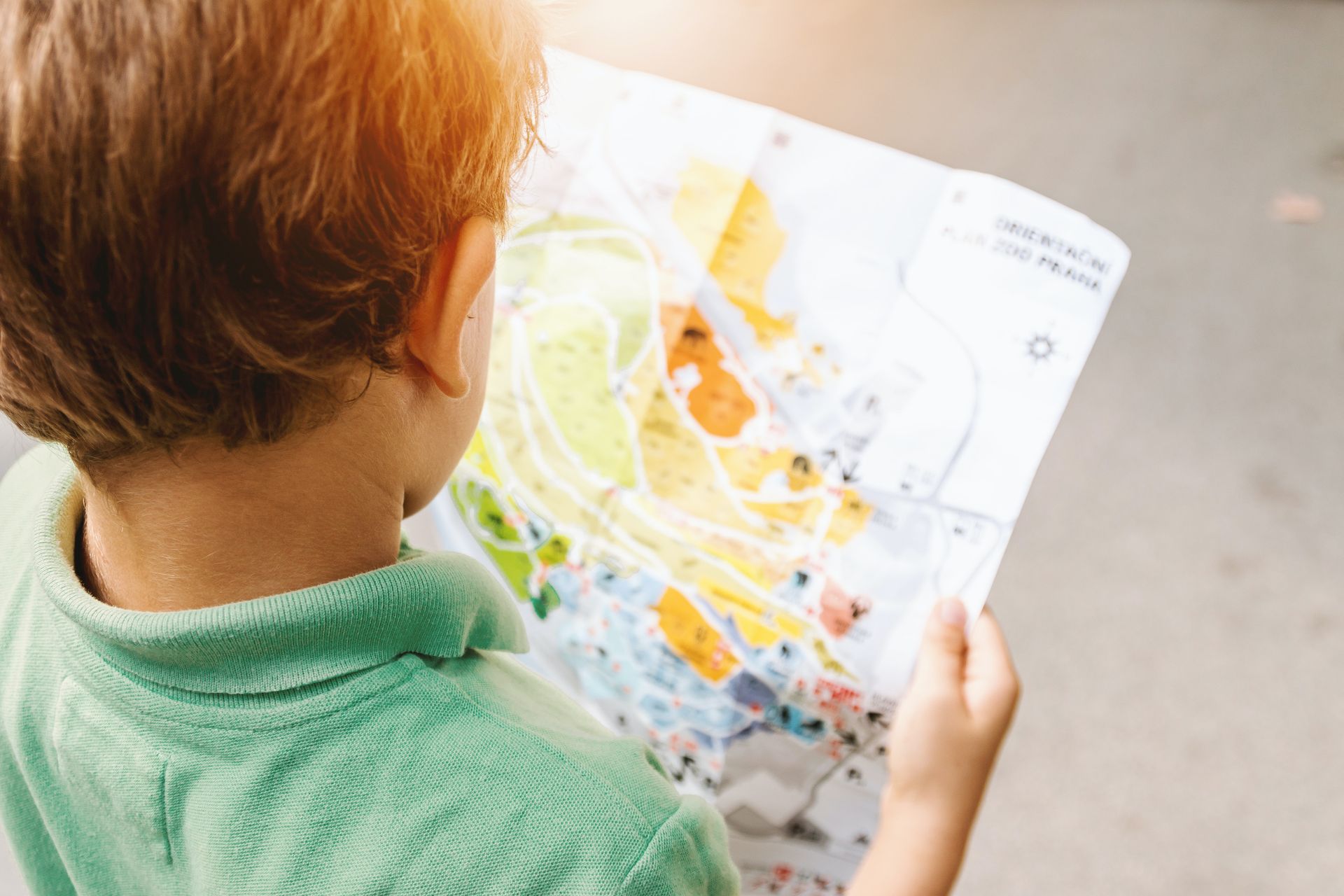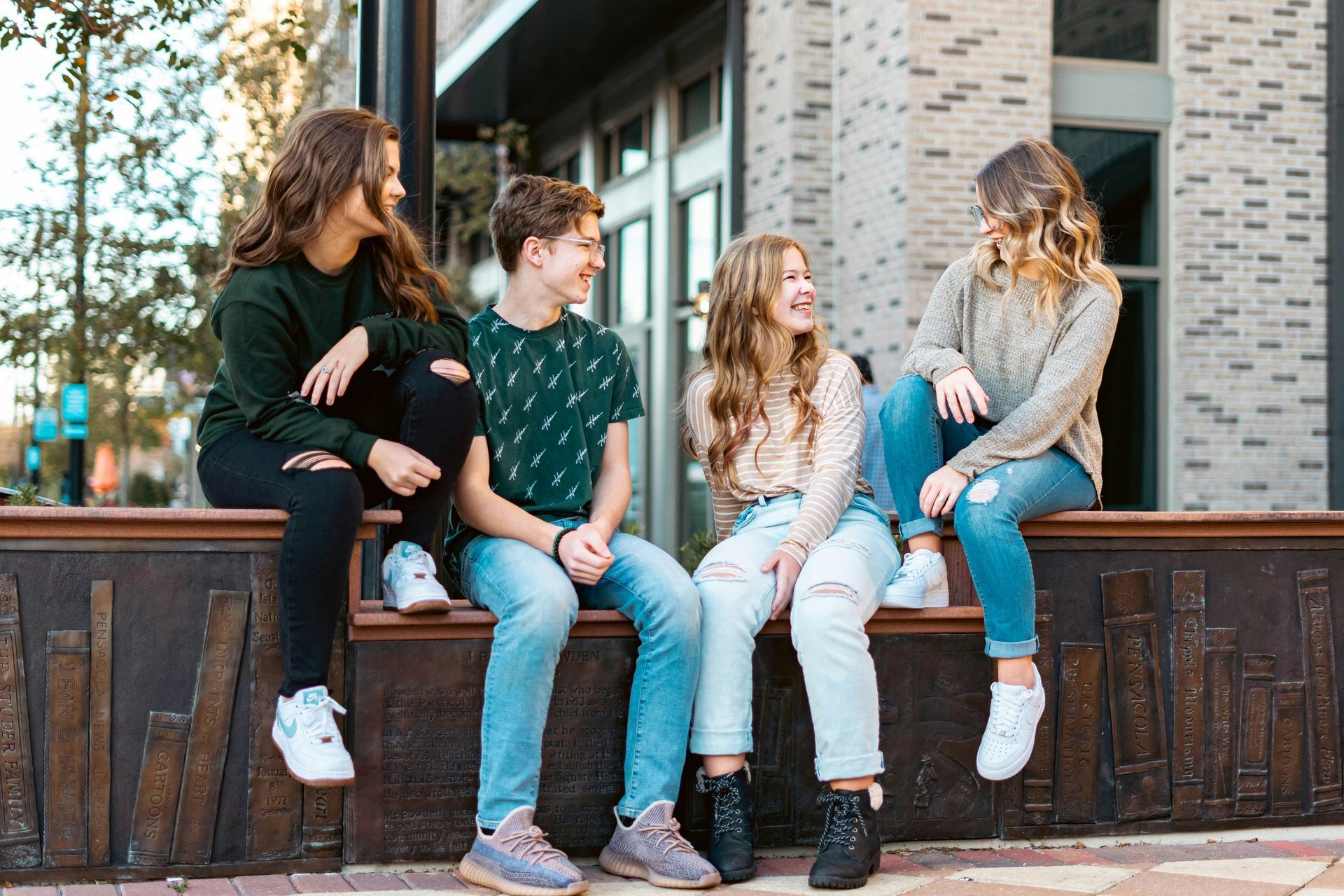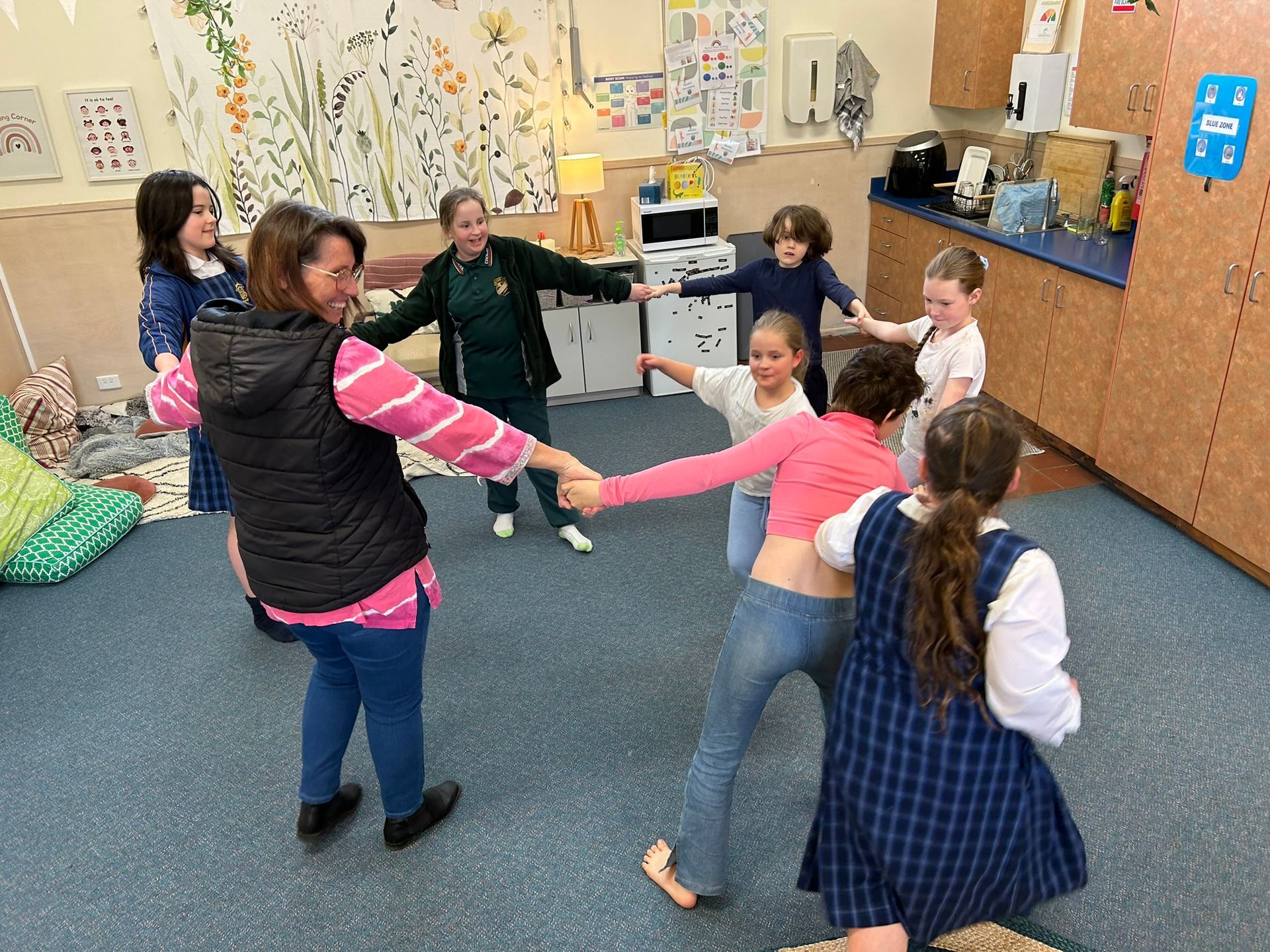My Dentist Trip & Your Child
Say Ahhhhh!!
This week I cracked a tooth. On a jelly baby of all things. My regular dentist wasn’t available, so I reluctantly agreed to another. The change of specialist was unnerving, yet I obediently lay in the chair, folded my white knuckled hands over my chest and tried to think of whale song and rainforests. However, as my heart raced and stomach churned hopes of tranquil visualizations were drowned by thoughts of root canals and dentist drills…
Yet surprisingly, the experience wasn’t so bad after all. Why? It was a series of small yet significant measures my dentist put in place to make my experience more bearable. For instance, she used a little chock to keep my mouth open – a far cry from the usual fear of lock jaw and constant, ‘A little wider please Fiona’. She used a rubber dam to prevent water running down my throat – reducing the fear of embarrassing coughing fits and that dreaded spit vacuum. She asked me to choose the Netflix show on the overhead screen – instead of my usual guy’s deafeningly silent photos of his in-laws’ trip to Europe, on repeat (yawn fest at its best!). She even offered noise cancelling headphones so I could block out the sound of her mining equipment excavating the insides of my mouth. She counted down and softly narrated what was happening and throughout the procedure told me how long each stage would last. The day after I received a check-in text with reassurance that what I was feeling is typical but who I could contact if worried. Although I won’t be calling her for Round Two and I will be avoiding jelly babies from now on, I found the event a lot more tolerable than previous dental experiences… And, I am confident my dentist wasn’t making this up on the spot. She clearly had her bag of tricks ready and waiting.
So, what does this have to do with your child?? It’s a reminder that no matter the experience, it’s the forethought and the ‘little things’ that can make all the difference. Instead of the mouth chock, does your child need something to make their body comfortable, such as their well-worn pair of shoes or seamless socks? Instead of the mouth dam, can the task be adjusted to reduce the scary element (e.g. assistive technology instead of writing)? Similar to Netflix, can they be given some control and provided with simple choice, or provided with distraction by bringing along a personalised bag of tricks (e.g. favourite items, books or music playlist). Similar to the noise cancelling headphones, can the sensory load be reduced - anything from headphones and fiddles to purposefully choosing a time when sensory input is minimised (e.g. going to the shops outside of crowded times)? Similar to the narration, how can predictability be provided – perhaps a Google search beforehand, a step-by-step app, visual schedules or social story? Similar to my dentist communicating end points, can your young person complete tasks in small steps to reduce the load and make each stage achievable? Or during the event, can you provide time limits or use countdowns and timers? Just like my dentist’s post visit check-in text, can you speak with your child afterwards, and discuss how they felt, what strategies worked or what could be tried next time or make sure they know their safe place or safe person when they’re in a new or anxiety-provoking context?
Although the examples are endless the message is clear. Spending time and effort beforehand can empower you and your young person with a host of ‘little things’ that have potential to make a very big difference.

